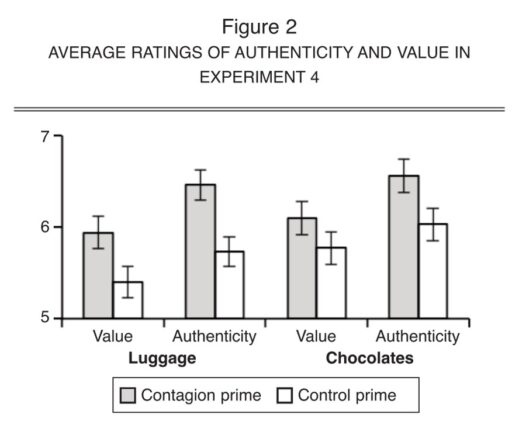
Wikipedia says,
The Made in China label is one of the most recognizable labels in the world today due to China’s rapidly developing large manufacturing industry, China is currently the largest exporter in the world and the Made in China label can be seen on a wide range of goods from clothing to electronics. U.S. law requires the country of origin of a product to be clearly displayed on the product, or on the product’s container if it is enclosed, resulting in many corporations such as Apple labeling their products with “Designed by Apple in California Assembled in China.

Microsoft once labeled their Zune products as “Hello from Seattle, Assembled in China.”

Plus-X is an established design consulting agency in Seoul, Korea. It completed a brand experience consulting project for YG entertainment successfully. YG entertainment has many Korean singers and Asian entertainers including Psy who suddenly appeared on the global music stage with his mega hit song, “Gangnam Style.”
Recently, Plus-X launched a smartphone case under the name of Lab C. Inspired by the PSY’s Gangnam Style, it labeled the case as “Designed by Lab C, in Gangnam, Material by Italy.” This label is eye-catching and more importantly works well because people in Gangnam are known to be trendy, hip and exude a certain supposed class (though it would have been more noticeable if it says “Stylized in Gangnam”). My friend and colleague, Soren Petersen, also wrote about what design can learn from Gangnam style. Thank you, PSY. You help Koreans to be creative!
Newman, George E. and Ravi Dhar (2014), “Authenticity Is Contagious: Brand Essence and the Original Source of Production,” Journal of Marketing Research, 51 (3), 371–386.It is well established that differences in manufacturing location can affect consumer preferences through lay inferences about production quality. In this article, the authors take a different approach to this topic by demonstrating how beliefs in contagion (the notion that objects may acquire a special aura or “essence” from their past) influence perceptions of authenticity for everyday consumer products and brands. Specifically, they find that due to a belief in contagion, products from a company’s original manufacturing location are viewed as containing the essence of the brand. In turn, this belief in transferred essence leads consumers to view products from the original factory as more authentic and valuable than identical products made elsewhere. The authors further reveal that consumers who are higher in sensitivity to contagion are more likely to exhibit this effect and that activating the concept of contagion enhances preferences for products made in the brand’s original factory. The authors close by discussing theoretical and practical implications of these findings.


